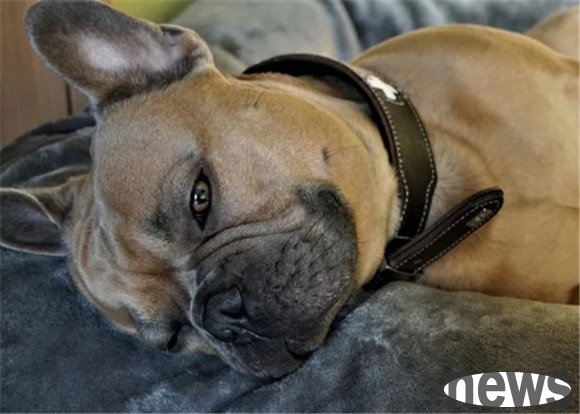As a loyal companion of humans, dogs naturally receive high attention from people's lives. There is a common problem in dog-raising families: Can dogs hold their urine for 10 hours at night? This issue involves the physiological needs and health...
As a loyal companion of humans, dogs naturally receive high attention from people's lives. There is a common problem in dog-raising families: Can dogs hold their urine for 10 hours at night? This issue involves the physiological needs and health of pets, and needs to be understood and discussed from multiple perspectives.

1. Physiological characteristics of dogs and urinary retention
First of all, for dogs, as mammals, their urinary system is not much different from that of humans. They also excrete waste and excess water from metabolism in the body through urination. Generally speaking, adult dogs have larger bladder capacity than puppies, so adult dogs can hold their urine for a longer time. When I was a child, puppies needed to urinate about every few hours, while adult dogs had defecation every 8-10 hours is a common frequency.
However, not all dogs can easily hold their urine for 10 hours. For example, young, elderly or poor health may need to urinate more frequently. In addition, small dogs have relatively small bladder volumes and they usually require urination more frequently than large dogs.
2. The impact of holding urine on dog health
Although holding urine for 10 hours occasionally may not have much problem with healthy adult dogs, frequent holding urine will put a burden on the dog's urinary system and increase the risk of urinary tract infections, urolithiasis and other diseases. Urine stays in the bladder for too long, which can become a breeding ground for bacteria, which can lead to inflammation or infection. Therefore, having your dog urinate regularly reduce the risk of these health problems.
3. Dog training and holding urine at night
If due to special circumstances, the dog needs to hold urine for up to 10 hours at night, parents can help the dog adjust the urination time through training. For example, you can try taking the dog out to urinate later before going to bed to ensure that your bladder is as empty as possible. At the same time, control the amount of water you drink at night in moderation and avoid excessive drinking before going to bed. However, it is important to observe the dog's physical reaction, which is not suitable for compulsory training.
4. Creating a good living environment
A comfortable living environment will reduce the dog's requirements for urinating at night. Consider preparing a warm, quiet and comfortable sleep environment for your dog at home, which will help them sleep more heavily, thereby reducing the number of wake up at night and the need to urinate.
5. Monitoring and Adaptation
Although it may be physiologically feasible for some dogs to hold urine for 10 hours at night, the situation in each dog is unique. The owner of the dog should closely observe the pet's urination habits and behavioral performance. If dogs are found to have signs of anxiety, irritability, or attempting to wake up their owners, this may be a signal that they need to urinate. Similarly, if the dog experiences difficulty urinating or discomfort after urination, consult a veterinarian in time.

6. Age and health status
The age and health status of a dog also affect their ability to hold urine at night. Young and older dogs usually have weak ability to hold urine. Accordingly, dogs who are sick or taking diuretics will have an increased frequency of urination. For dogs of these special age or health conditions, owners need to pay more attention to their needs and adjust their care plans accordingly.
7. Emergency measures for dogs holding urine
For dogs who cannot avoid long-term urination at night, parents can consider using indoor toilets and preparing pet pads or dog diapers at home so that the dog can have a place to urinate if necessary, and avoid discomfort or health problems caused by urination.
In some cases, dogs may be acceptable to hold their urine for 10 hours a night, but from a long-term health perspective, it is not recommended to be the norm. As an owner, the most important thing is to understand and care for individual differences in dogs, adjust their living habits in a timely manner, and always care about and meet the physiological and emotional needs of pets. Only under the careful care of the owner can the dog enjoy a healthy and happy life.